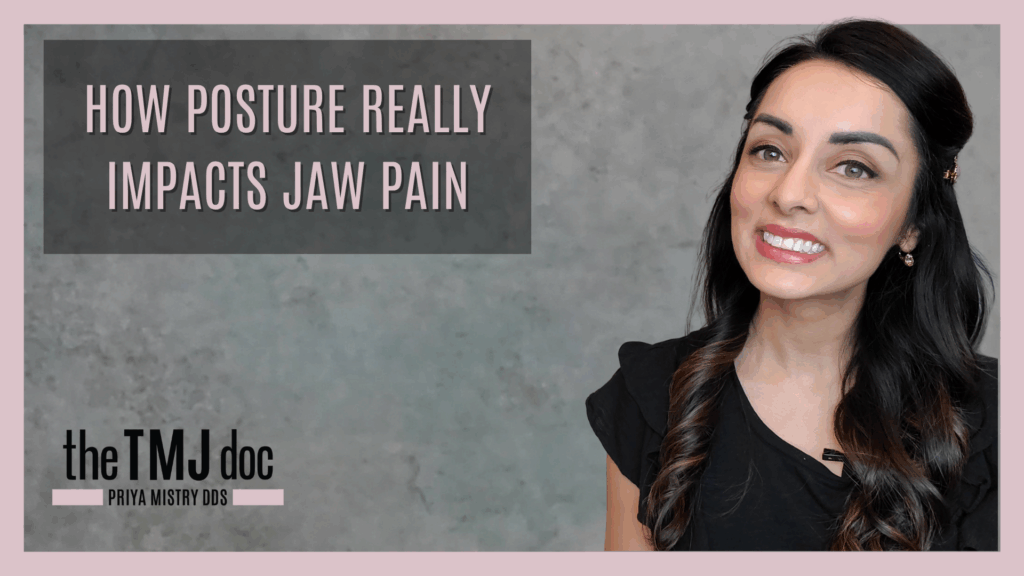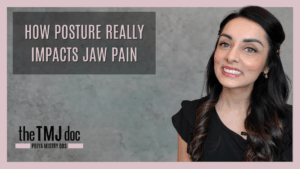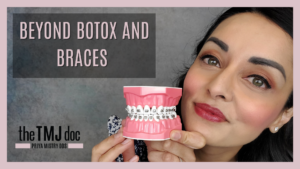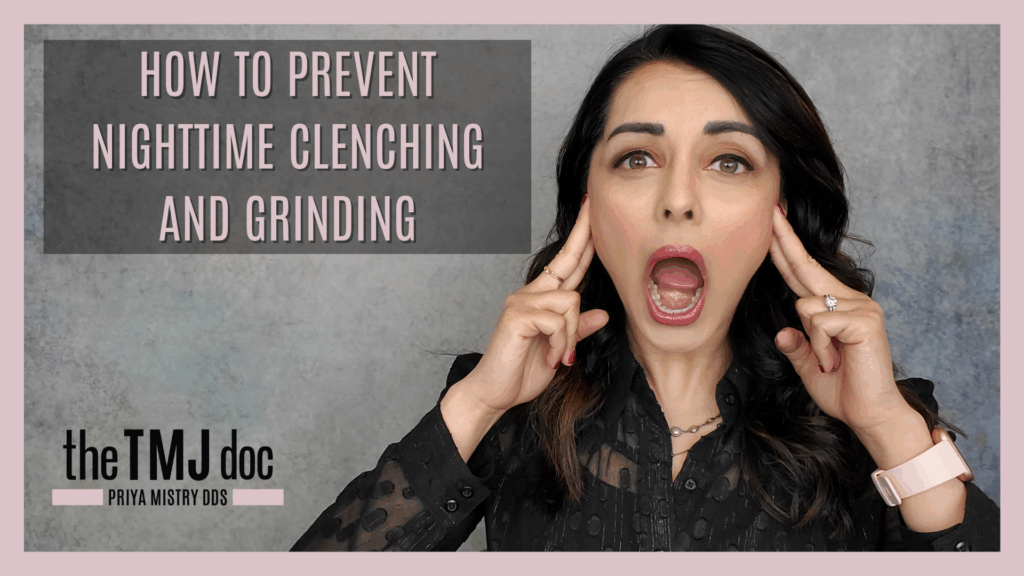When patients come into The TMJ Doc with persistent jaw pain, headaches, or clicking, many are surprised to learn that their posture is often a silent culprit. The way you hold your head, neck, and shoulders all day can put undue strain on the jaw system worsening TMJ symptoms or even triggering them.
Here’s how posture and TMJ are connected, and what to start doing to relieve the load.
Why Posture Affects the Jaw
Forward Head Posture: The Hidden Load
Spending hours texting, working at a screen, or looking downward nudges your head forward. That shift lengthens and strains neck muscles, draws the jaw off its ideal alignment, and forces TMJ structures to compensate. Over time, that compensation shows up as soreness, joint noise, tension headaches, or ear discomfort.
Rounded Shoulders & Neck Tension
When shoulders roll forward, the entire upper-body alignment changes. Muscles that normally help support jaw posture get pulled into overdrive. The result? Imbalances that propagate dysfunction into the joints.
Core & Pelvis Matter, Too
Posture is a full-body issue. Weak core and pelvic alignment problems can shift your spine, which in turn nudges your head forward and loads the jaw. In fact, many patients don’t see full improvement until we address posture above and below the neck.
Small Changes with Big Impact
You don’t need to overhaul your life overnight.
Try these posture adjustments to take tension off your jaw:
- Raise your screen so the top is at (or just below) eye level
- Sit with your ears over your shoulders, not poking forward
- Use lumbar support and keep your tail tucked (avoid “sway back”)
- Take breaks: every 30–45 minutes, stand, stretch, and reset
- Check your phone posture — avoid “text neck”
- Use a pillow that keeps your neck in neutral, not forced flexion
Even these simple shifts can reduce chronic strain to your chewing muscles and joints.
Exercises The TMJ Doc Recommends
Always move within comfort. If anything feels sharp, lightheaded, or worsens symptoms, stop and consult your provider.
Neck & Shoulder Mobility
- Chin retractions: Slowly draw your chin straight back (not down) and hold 5–10 seconds.
- Shoulder rolls: Gentle forward/backward circles to release tension.
- Lateral neck stretch: Tilt head toward each shoulder without shrugging the opposite side.
Jaw Relaxation & Control
- Tongue-on-palate opening/closing: Keep tongue resting on the roof of the mouth and open/close with control.
- Light resisted opening: Place just fingertips under the chin and open gently.
- Jaw “floats” exercise: Let the lower jaw drift downward (no force) and come back up consciously.
Core Strength Basics
- Bridges, planks, dead-bug variations, done slowly and with awareness, help the spine maintain a strong base so the head and jaw don’t have to overcompensate.
When Posture Work Alone Isn’t Enough
Many TMJ cases need more than home posture fixes.
At The TMJ Doc:
- Priya performs a full evaluation (muscles, joints, airway, bite harmony)
- We may use a precision oral appliance to stabilize the joint and reduce overloading
- We integrate posture & bodywork referrals (PT, chiropractic, core rehab)
- We teach airway, tongue posture, and parafunctional habit coaching
- We monitor progress closely and adjust the plan as the body adapts
The best results come when posture and jaw mechanics are treated together.
Is It Time to Get Help?
If you’ve tried stretches, ergonomic tweaks, and posture awareness but still have:
- Jaw clicking, locking, or soreness
- Frequent headaches or ear pain
- Fatigue when chewing
- Unexplained jaw tension or limit in motion
It’s time to work with someone who treats posture and the jaw as one system. The TMJ Doc can help you map the real puzzle and take targeted steps toward lasting relief.






